March 14, 2019
Malaysia: Living in a Time of Jittery Politics
By Dr. Sharifah Munirah Alatas
https://www.freemalaysiatoday.com/category/opinion/2019/03/12/politics-of-identity-is-ruining-democracy/

We live in an era of jittery politics. Established democracies like Britain, France and the US are facing historic political crises.
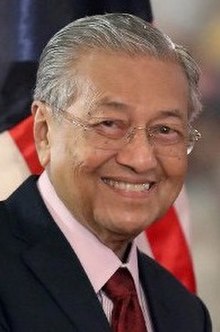
Malaysia has hopped onto the same bandwagon. The essence of the crisis in Malaysia’s democracy today is the inability of the government to address deep divisions in society. These divisions are exacerbated by the digital revolution. Information is dispersed at lightning speed, and the mix of verifiable and fake news has already become destructive.
Across class and geographical divisions, emotions are stirred, negative feelings are amplified and disdain simmers. The people are frustrated. A discerning electorate is healthy for democracy, but our brand of democracy has become a runaway train.
Since May 9, 2018, Malaysians have been coping with inertia, mixed signals and policy retractions (U-turns) from Putrajaya.
The failures of Pakatan Harapan (PH) seem to outweigh its successes. For these successes, however, we should actively highlight, and applaud them.
First, more space has opened up for public expression and assembly. The mood here is less of self-censorship, and more towards speaking one’s mind. This is a significant achievement for Malaysians in general, and democracy in particular.
Second, , as a Malaysian who believes in justice and inclusivity, I am happy that PH acceded to the Rome Statute. As expected, there are trouble-makers who feel otherwise. They are convinced that PH is out to undermine the “relevance” of the Malay race and royalty. It is obvious these critics feel it is their right to “be above the law”.

Deputy Defense Minister Liew Chin Tong
Third, there is the emergence of a new “brand” of ministers, specifically those who are putting their tertiary education to productive use. A very good example is Deputy Defence Minister Liew Chin Tong (a graduate from the Australian National University).
Liew recently wrote a column in a mainstream newspaper, but it was unlike anything I regularly read from our political leaders.
His conceptualisation of the UMNO-PAS realignment and a possible breakup of Barisan Nasional (BN) had a creative intellectual twist to it.
Liew was also pragmatic in his thoughts. Very few would dismiss him as a “cloudy mind in an ivory tower”. Liew’s application of the “scorched earth policy” to current Malaysian opposition politics demonstrates critical thinking, which Malaysian society hungers for in our leadership.
It is clear that there is a glimmer of hope in a few of our new generation of leaders. Most of what we are used to are rhetorical, rambling politicians who want to be heard for the sound of their voice, and not the quality of their minds.
We need more leaders like Liew who will continue to nurture a sense of pride among the public. This is necessary for a healthy, functioning democracy.
However, Malaysia’s democracy is skewed. A conceptual contradiction exists in the structure of Malaysian politics.
On the one hand, the system champions political parties which represent the peoples’ aspirations. Our wishes are exercised through fair and frequent elections. The ordinary citizen feels empowered. We are able to elect who we think are committed and dedicated to speak on our behalf. Our requests are often presented in parliamentary sittings.
On the other hand, the parties that these elected individuals belong to have platforms that are premised on undemocratic values. Many of these values are neither inclusive nor pluralistic.
There are two important characteristics of democracy. One, elections provide an opportunity to the people to change the present government. Two, it is based on the principle that the people have a say in who governs, with the objective of serving them.
It is the second characteristic that has exposed contradictions in the post-GE 14 political development. There is a fatal misfiring of what we believe democracy should be and what it actually is, Malaysian-style.
The contradictions exist because of the scourge of identity politics. It is fuelled by an ideology of religious and racial supremacy. Nobody is to blame for this but our political and intellectual leadership.
PH’s loss in Cameron Highlands and Semenyih demonstrates how Malaysians are easily manipulated. It also reveals that our political and intellectual intelligentsia permitted it to happen.
Notwithstanding that economic conditions form the basis of all other grievances harboured by Malaysians today, the Semenyih by-election exposed a stark reality. It proved that race, religion and nepotism serve as our ultimate value system.
We are used to BN’s identity politics, and I do not wish to elaborate on it. However, the choice of the PH candidate in Semenyih was shocking, to say the least. Aiman Zainali was unsuitable. The excuse for why he lost was that he is inexperienced. It may be a “kind” way to accept defeat, but it is not the democratic way. The choice of Aiman lacked vision, and was totally dismissive of what the people wanted. This is undemocratic.
Semenyih residents are plagued with traffic congestion, narrow roads, flash floods, a lack of efficient public transport, inept government doctors and overcrowded government clinics. There are too many eating stalls indiscriminately set up everywhere, blocking traffic, not to mention the perpetual stench of rotting wasted food in the drains.
During the campaign period, Aiman spoke to reporters a few times and his statements were flashed on many occasions. He spewed the usual rhetoric, that he would “focus on local issues”, he has “local links” and that the “Semenyih residents here are my friends”. He even said that he has no problem interacting with them.
Again, skewed democracy. Aiman did not interact with Semenyih residents at all. Before his candidacy, we knew nothing of him. Semenyih residents like me are totally ignorant of this young man. This is the main reason voters were ticked off.
The more serious question is, why pretend to be a democratic country if basic democratic values are not upheld?
Aiman was not picked because of his tight bond with “the locals”. Neither was he chosen because of his knowledge of what his constituents required.
Most, if not all voters who abstained on March 2 were convinced he was chosen because he was “the son-in-law”. Nepotism is certainly not a democratic value. This form of identity politics dismisses meritocracy from the equation.
Instead racism, bigotry, cronyism and gender-insensitivity are upheld. Exclusive political alliances on both sides of Malaysia’s political divide will lead to backwardness. The seeds of this have already been sown.
What I have written here is neither a doomsday analysis nor peachy optimism. We have to give the PH government more time.
But, I hope we are not giving them more time to hang themselves. In all societies, education is the screw that will either make or break a civilisation. More Malaysians have to keep harping on this like a broken record.
Where are the voices of academics in our universities? There are so many of us, yet we race to dabble in ranking exercises, useless research and robotic teaching methods.
Minister Maszlee Malik’s task is gargantuan, but he must start making drastic policy reforms. These reforms should be couched in a new ideological narrative.
First and foremost, we need to re-learn what democracy really is. We are no longer in a transitional period from colonialism to independence. The democratic discourse then was alive and fiery.
It seems we have forgotten the true democracy that is embodied in the Rukun Negara. Instead, we focus on “ketuanan Melayu”, Bumiputera rights and protection of Islam as our democratic values.
From kindergarten right up till tertiary education, our youth must be indoctrinated with the values enshrined in the Rukun Negara.
Only then will they understand the true nature of multi-culturalism and living in peace amidst diversity. They will not succumb to rhetoric.
This reformed ideological narrative should condemn racial, religious and sectarian discourse. Reforms should be implemented, that are bold enough to upset racial supremacists.
The government should not be afraid to “rock the boat” if they believe it is the morally sincere and socially-beneficial thing to do. Make a decisive policy change with respect to vernacular schools, for instance.
The bold ban on smoking is one such policy move that society will learn to appreciate in time. Make a decisive policy decision on the UEC. Stop wasting time and resources on discussions in new committees. A wealth of information already exists in books, researched articles and social media.
Malaysians will value less a “Hari Akademia”, and more promotion criteria for university lecturers, based on intellectual merit. Show the public that the government has guts to take a definite stand.
Ultimately, Malaysians need to see that PH is ashamed of the poor quality of our educators. After all, scholars are significant movers of societal change.
Political leaders can learn a lot from these intellectuals. Our education ministry should revamp its policy, with the goal of producing future intellectuals.
In 20 years, we could strive to produce 5. In the last 60 years, can we currently boast of 5?
The views expressed are those of the author and do not necessarily reflect those of FMT.
214
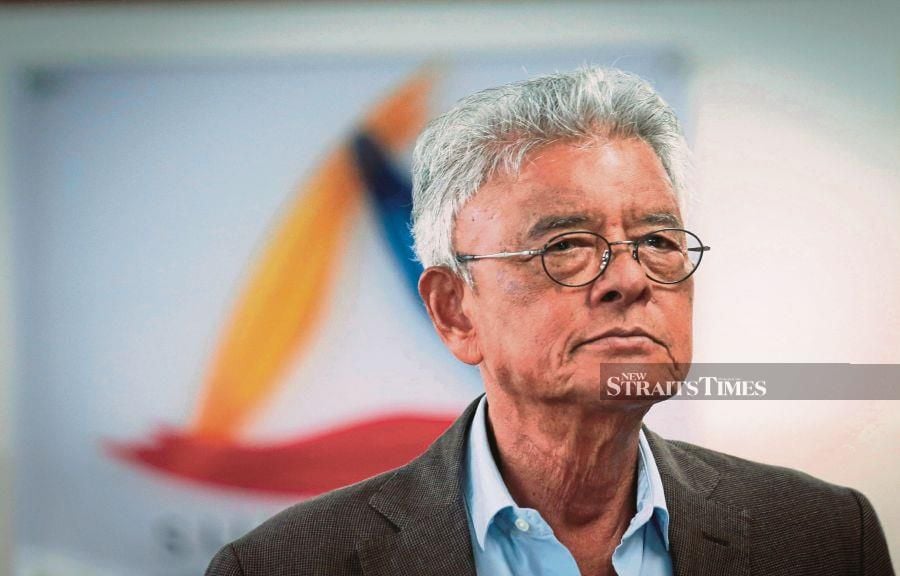

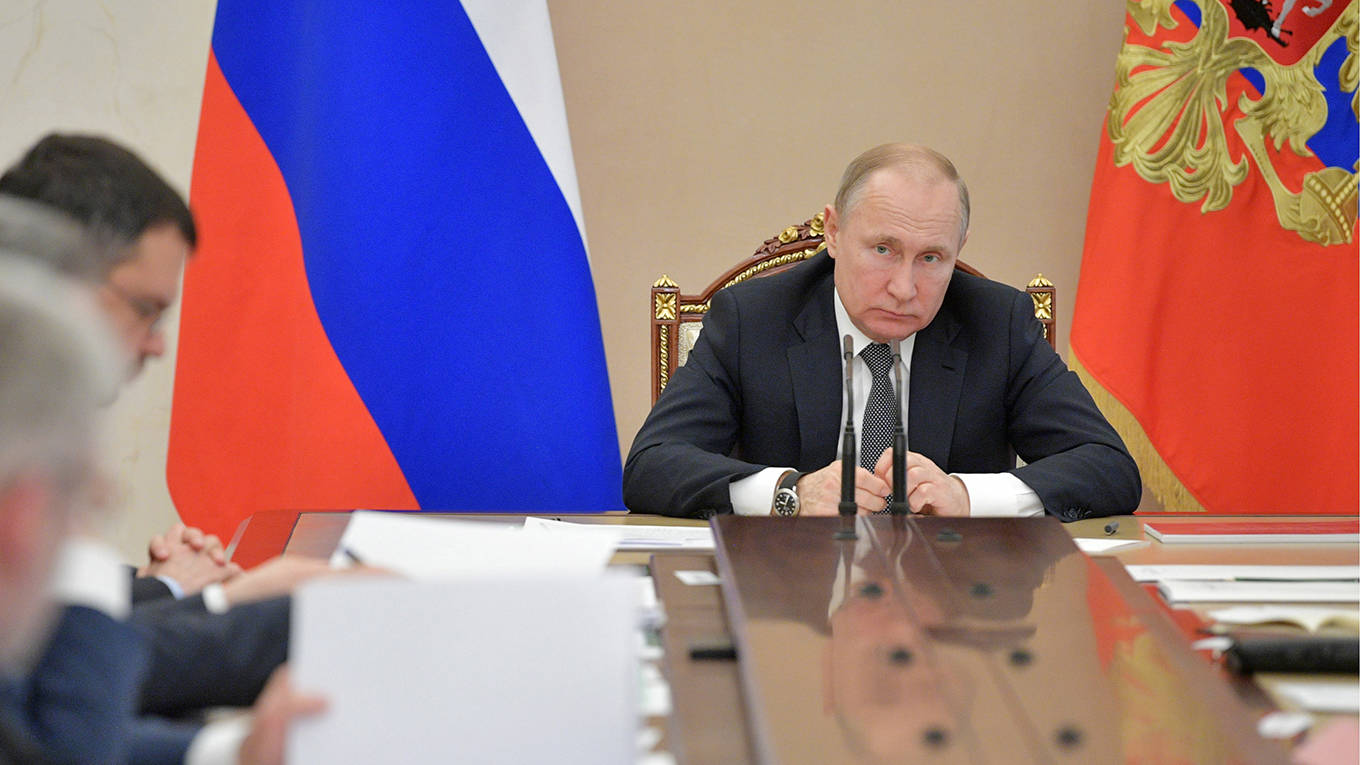

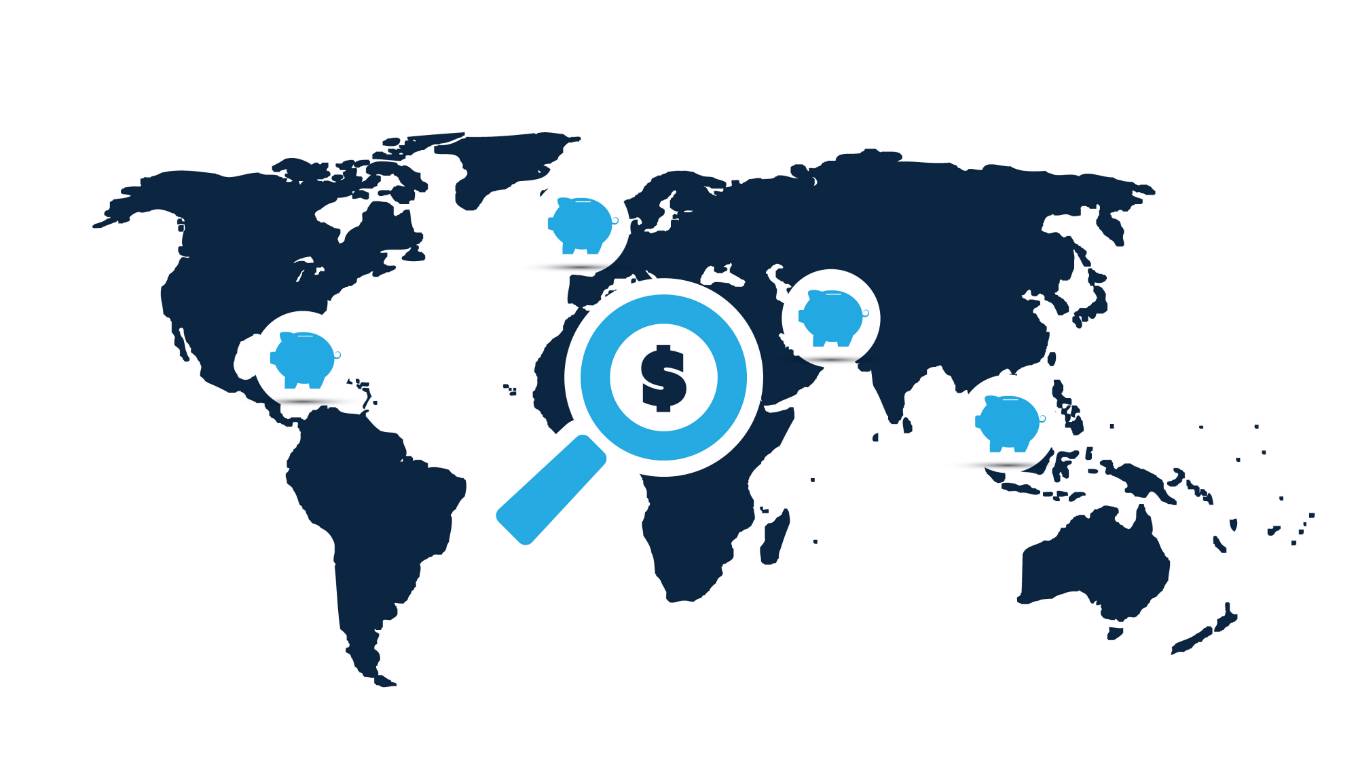

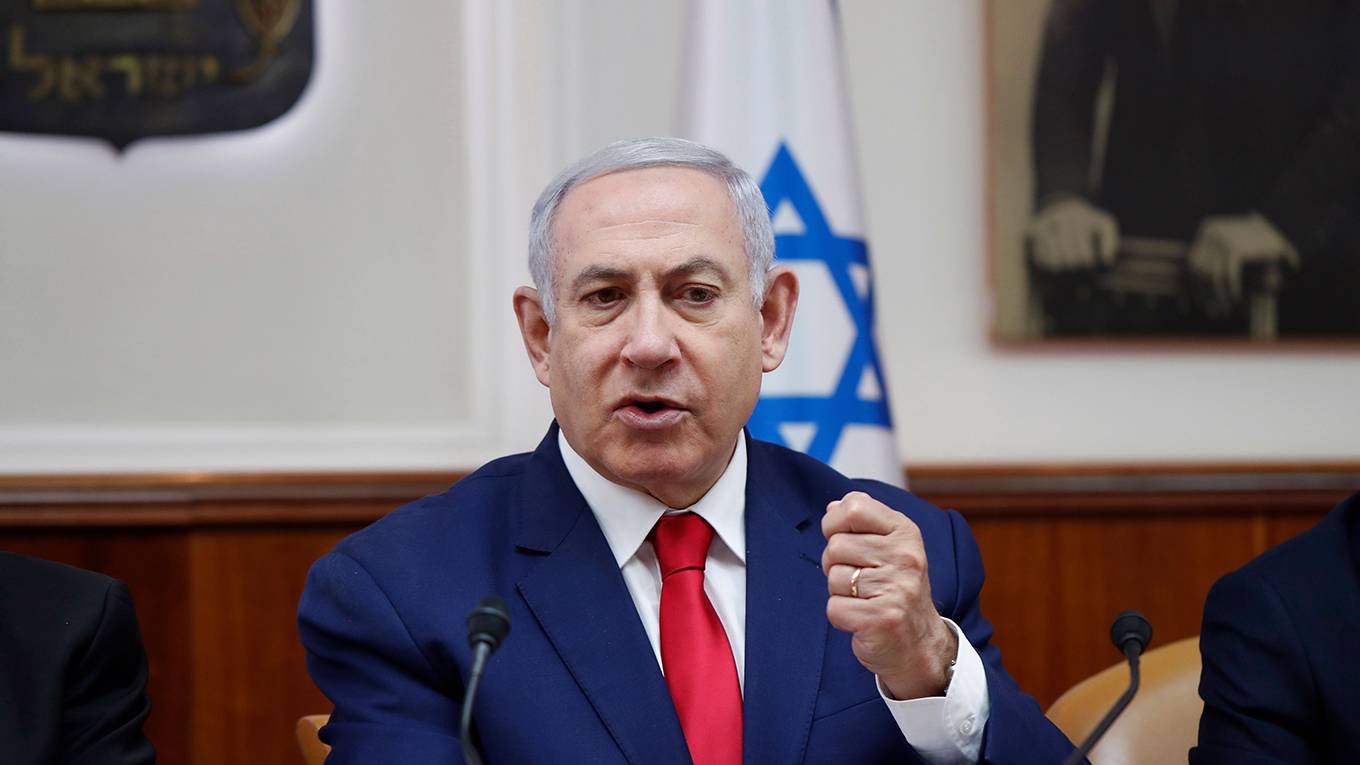
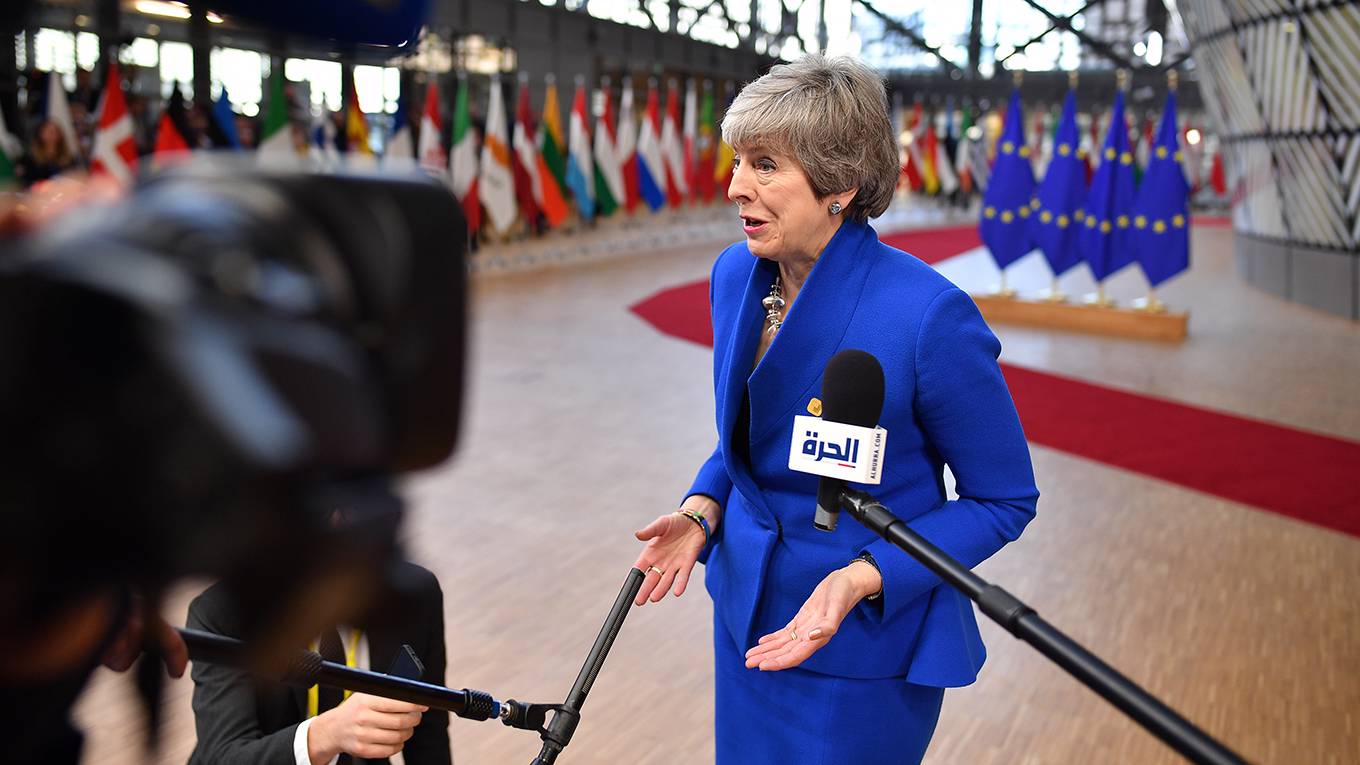
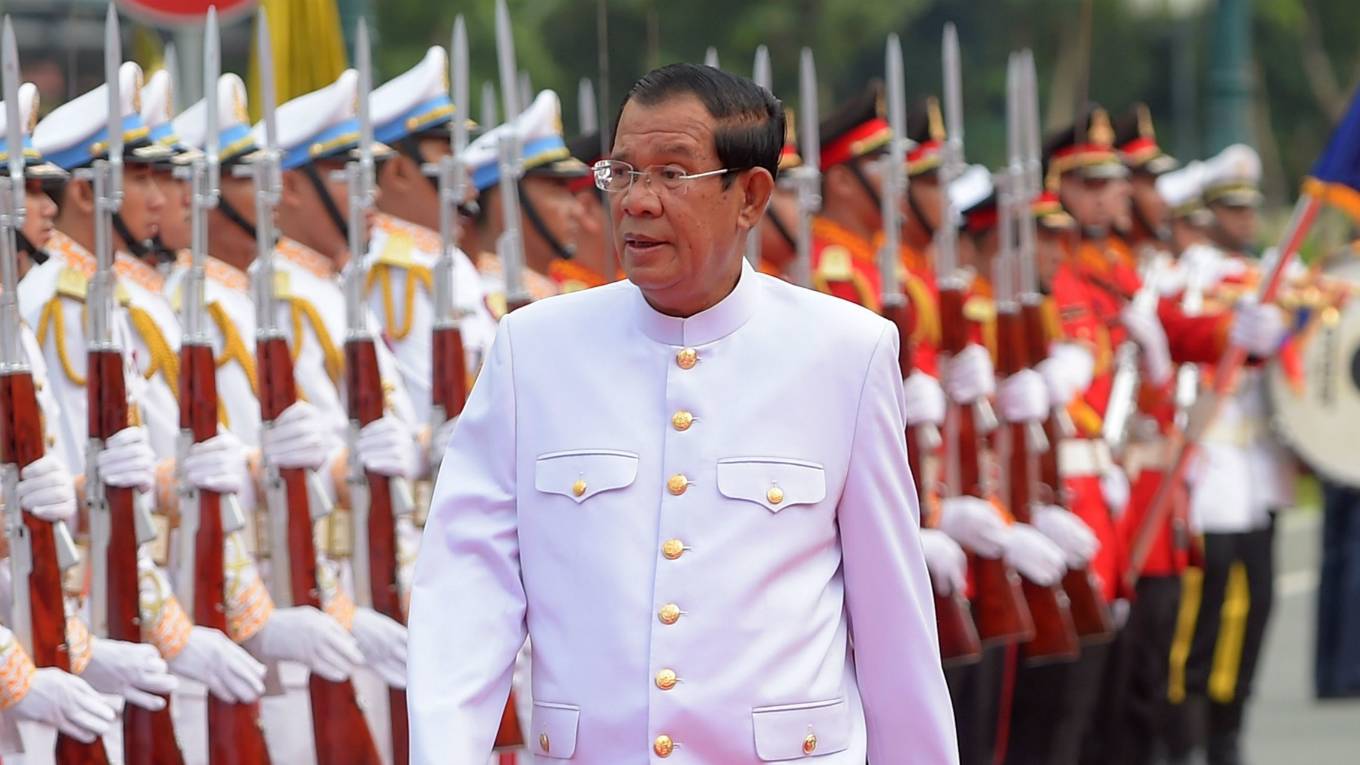
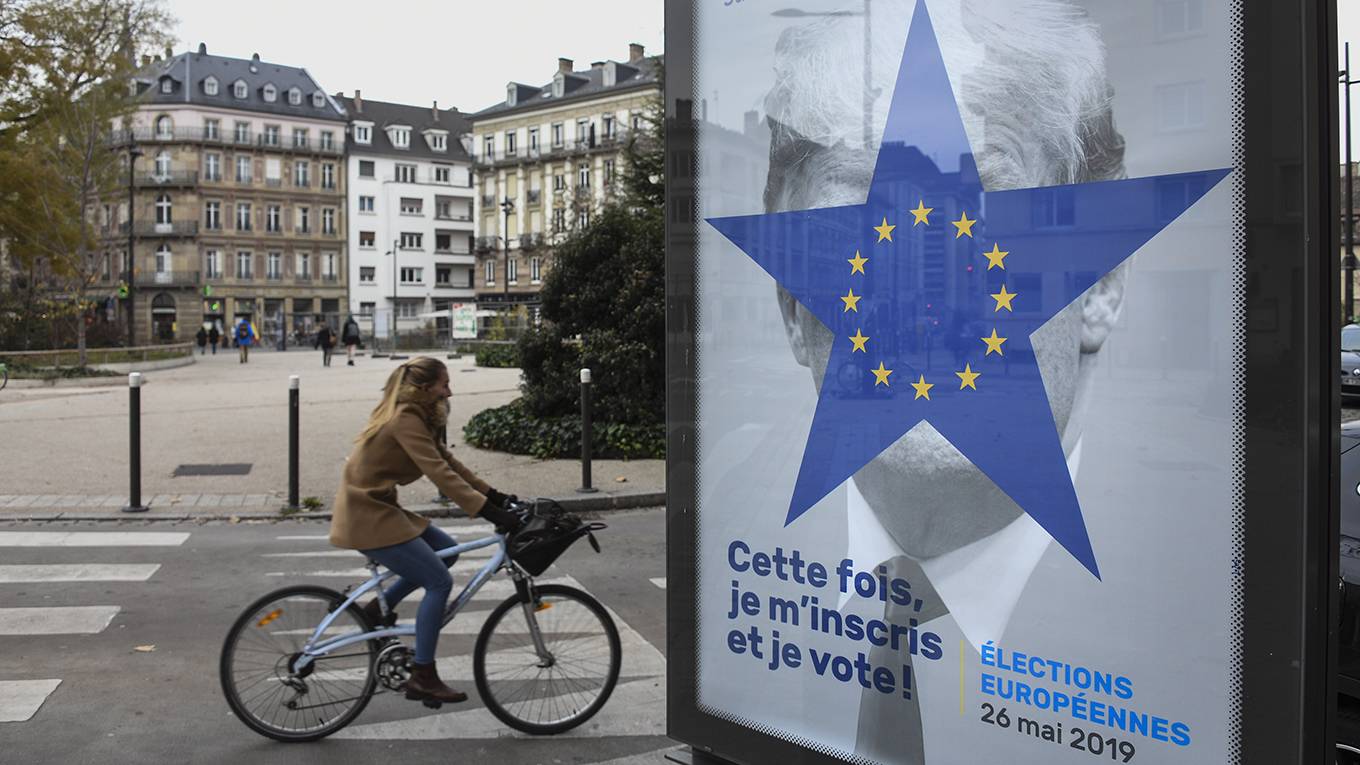



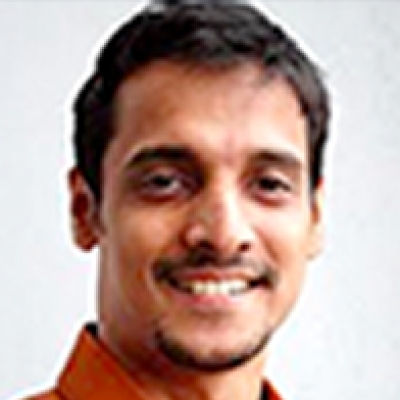
 Our mailbox has been recently flooded with statements and letters on Marzuki Yahya, the deputy foreign minister whose decision to pursue a lowly, unrecognised and undignified course from a “degree mill” caught up with him rather wickedly some 17 years later.
Our mailbox has been recently flooded with statements and letters on Marzuki Yahya, the deputy foreign minister whose decision to pursue a lowly, unrecognised and undignified course from a “degree mill” caught up with him rather wickedly some 17 years later.

CAMBRIDGE – Despite ever-improving conditions for millions of people around the world – documented by entities like the University of Oxford’s Our World in Data and highlighted by scholars like Steven Pinker – popular discontent is on the rise in many places. The reason is simple: whereas the first trend is being driven by low- and middle-income countries, the second is concentrated in high-income countries.